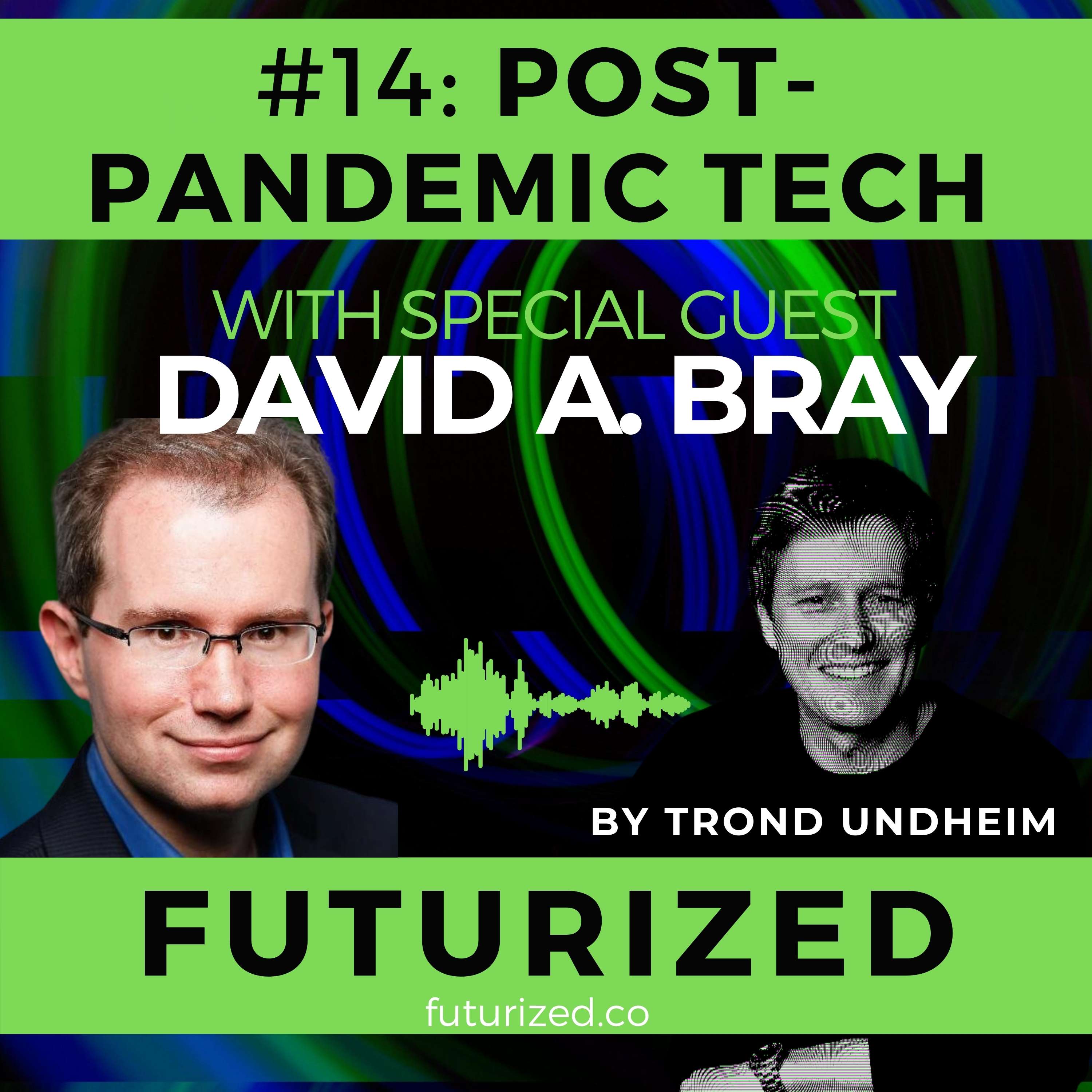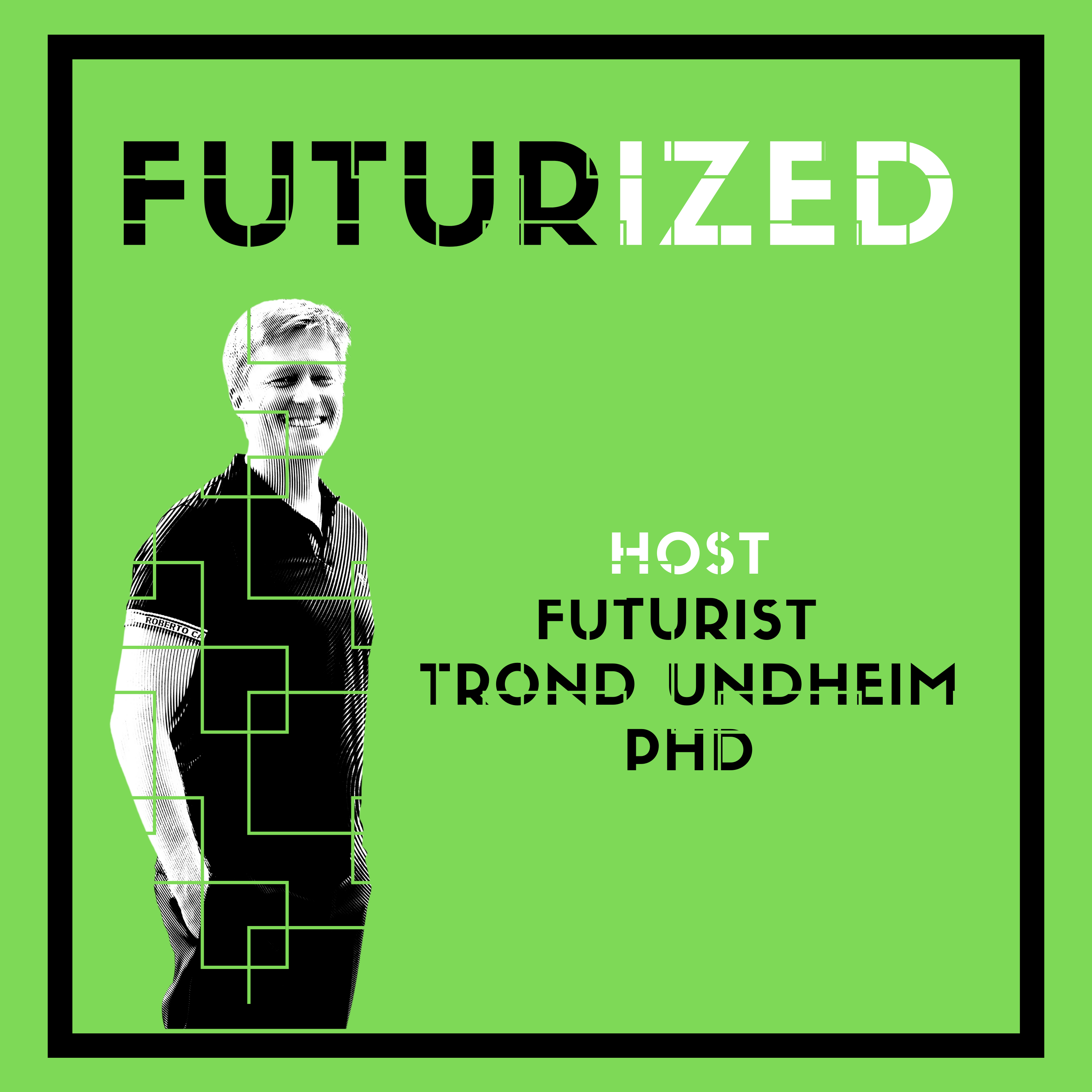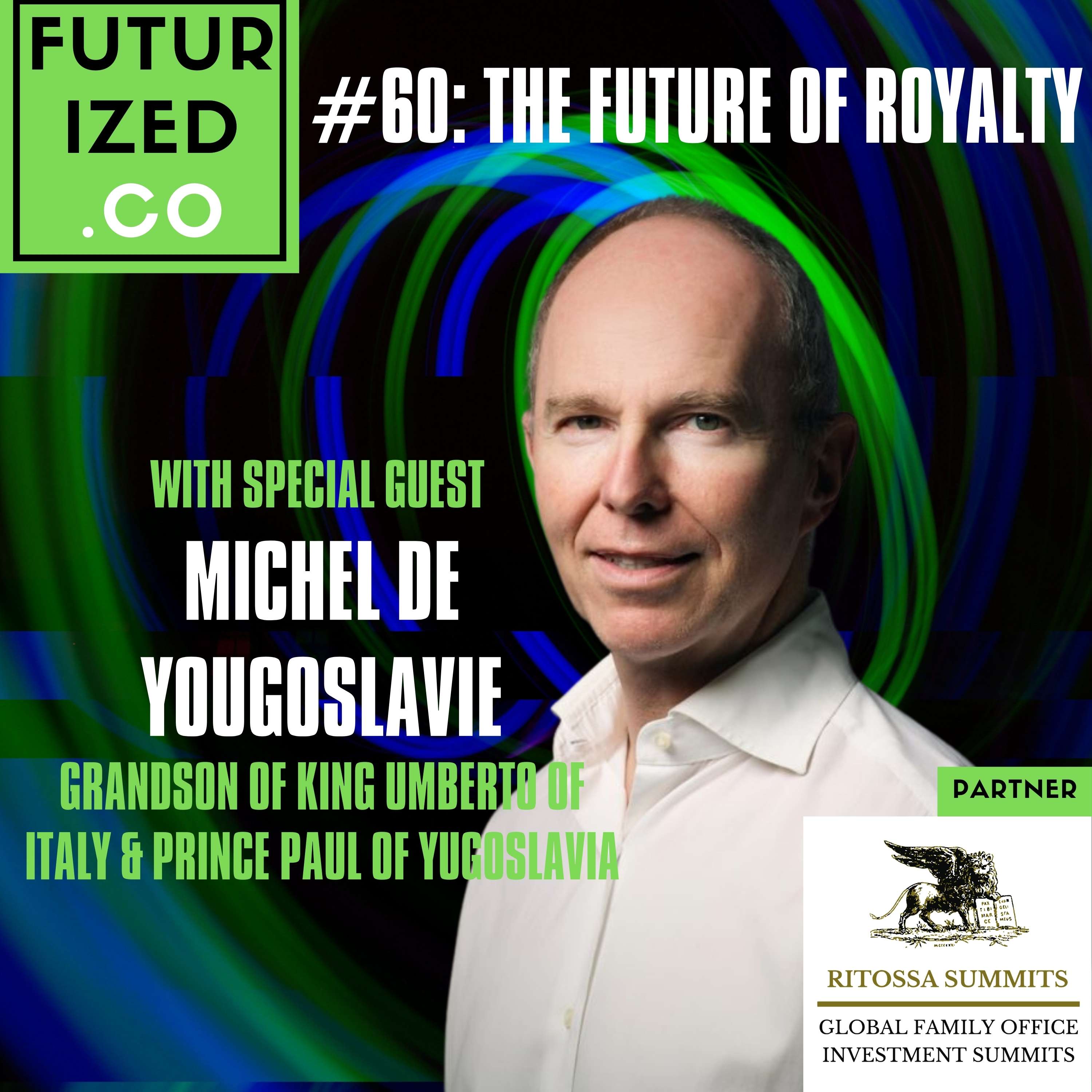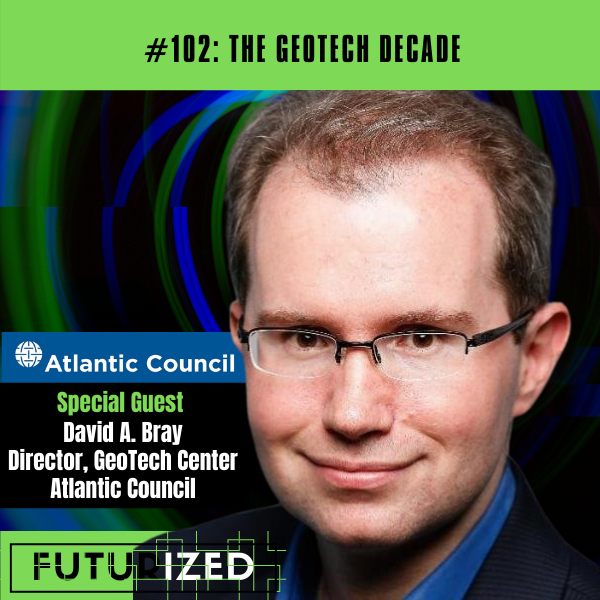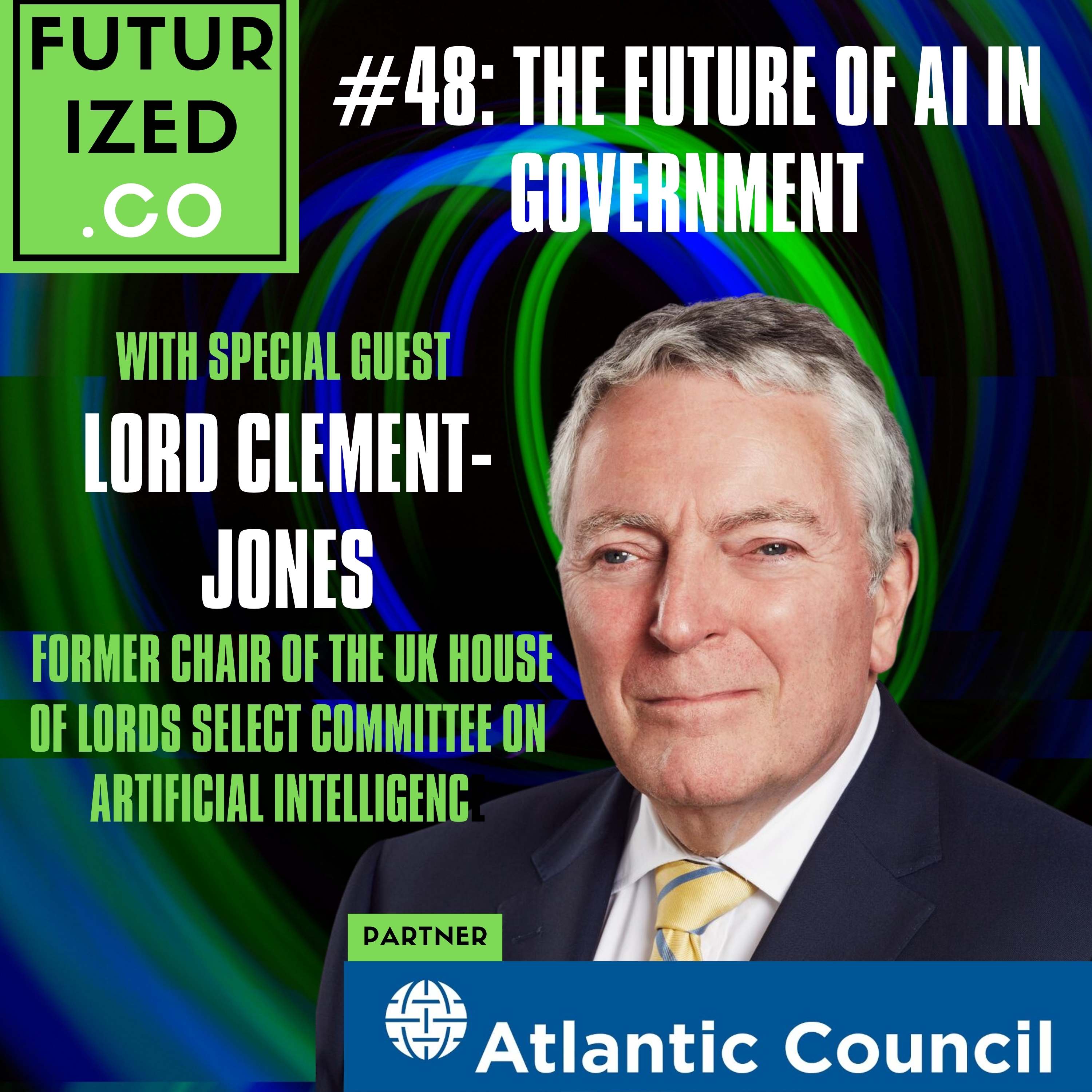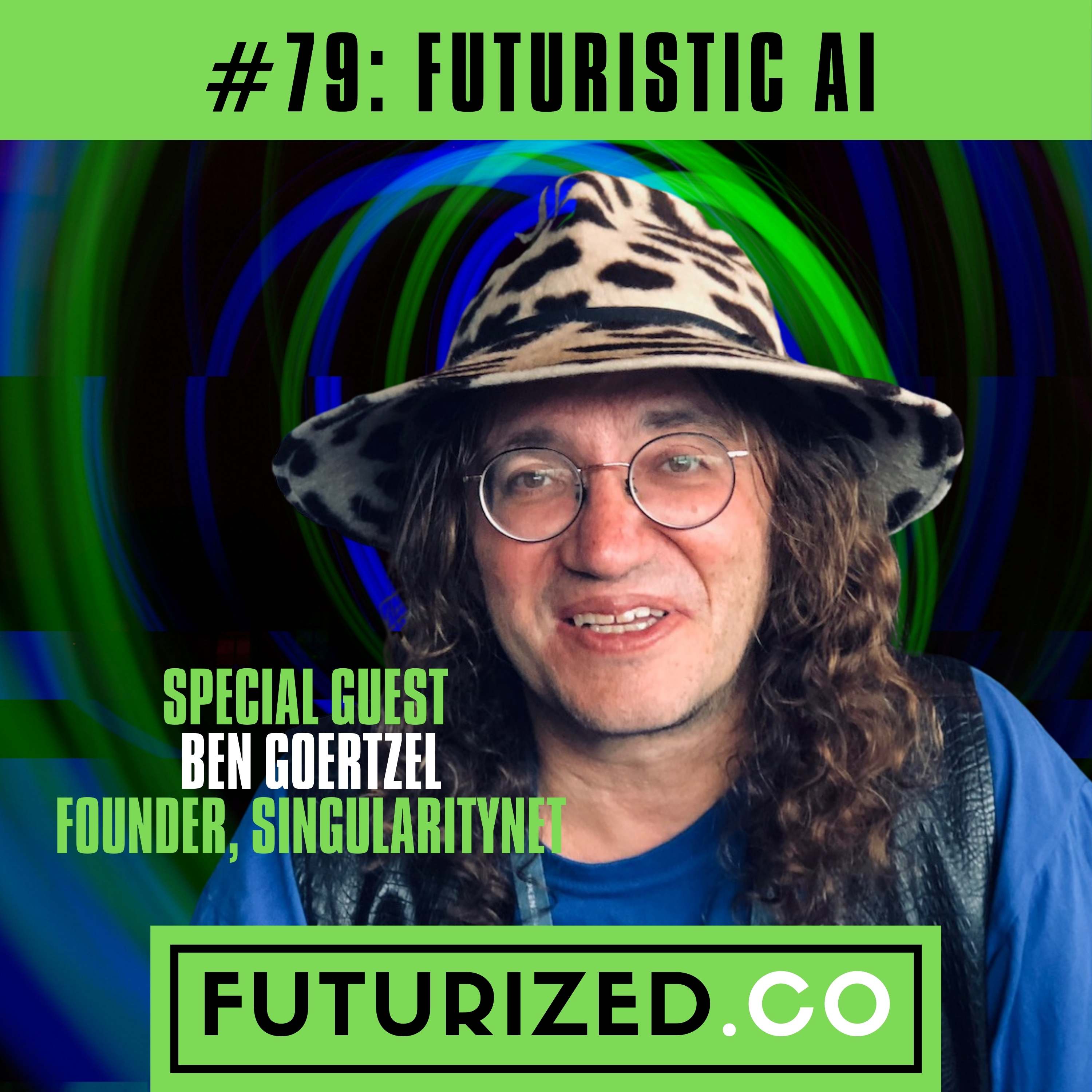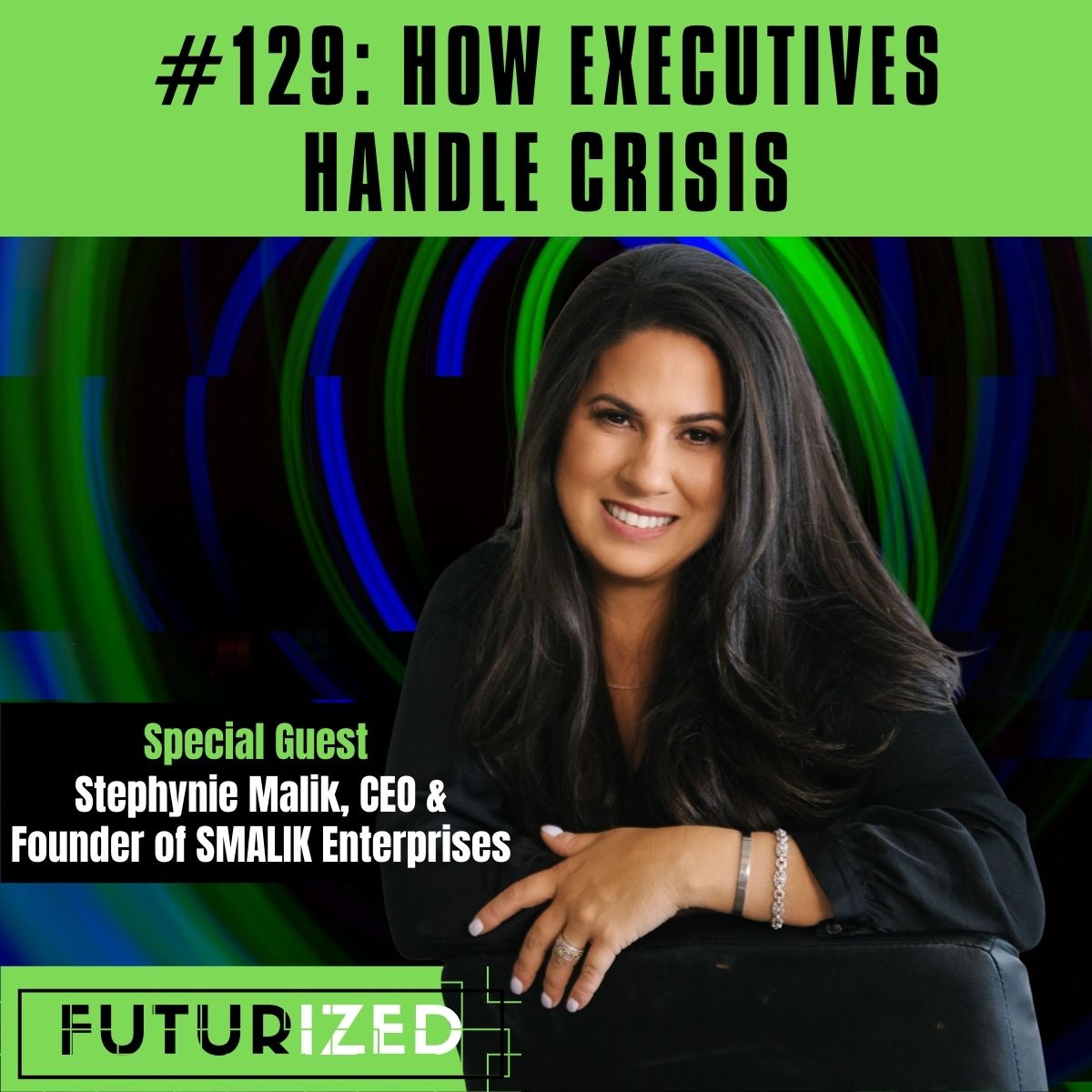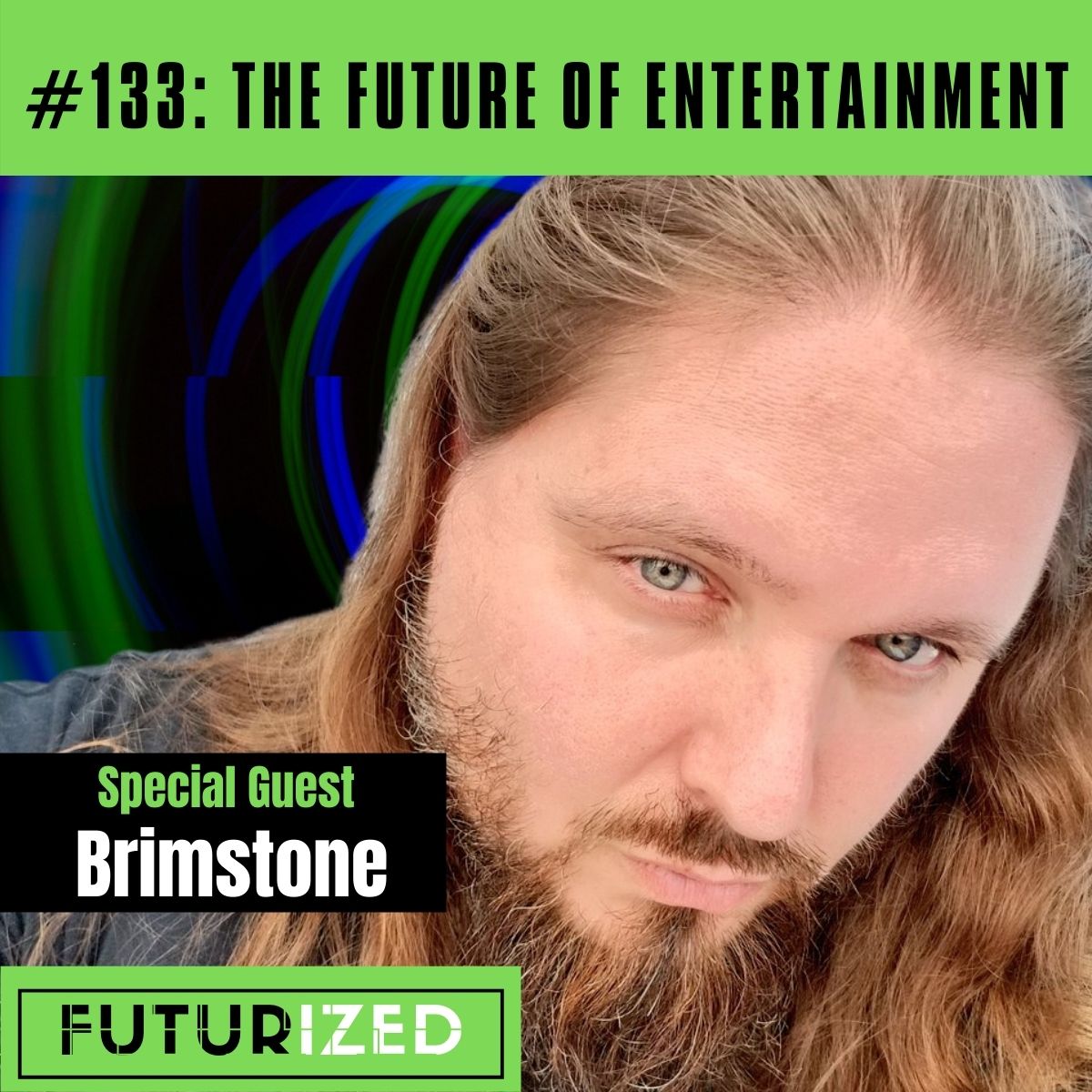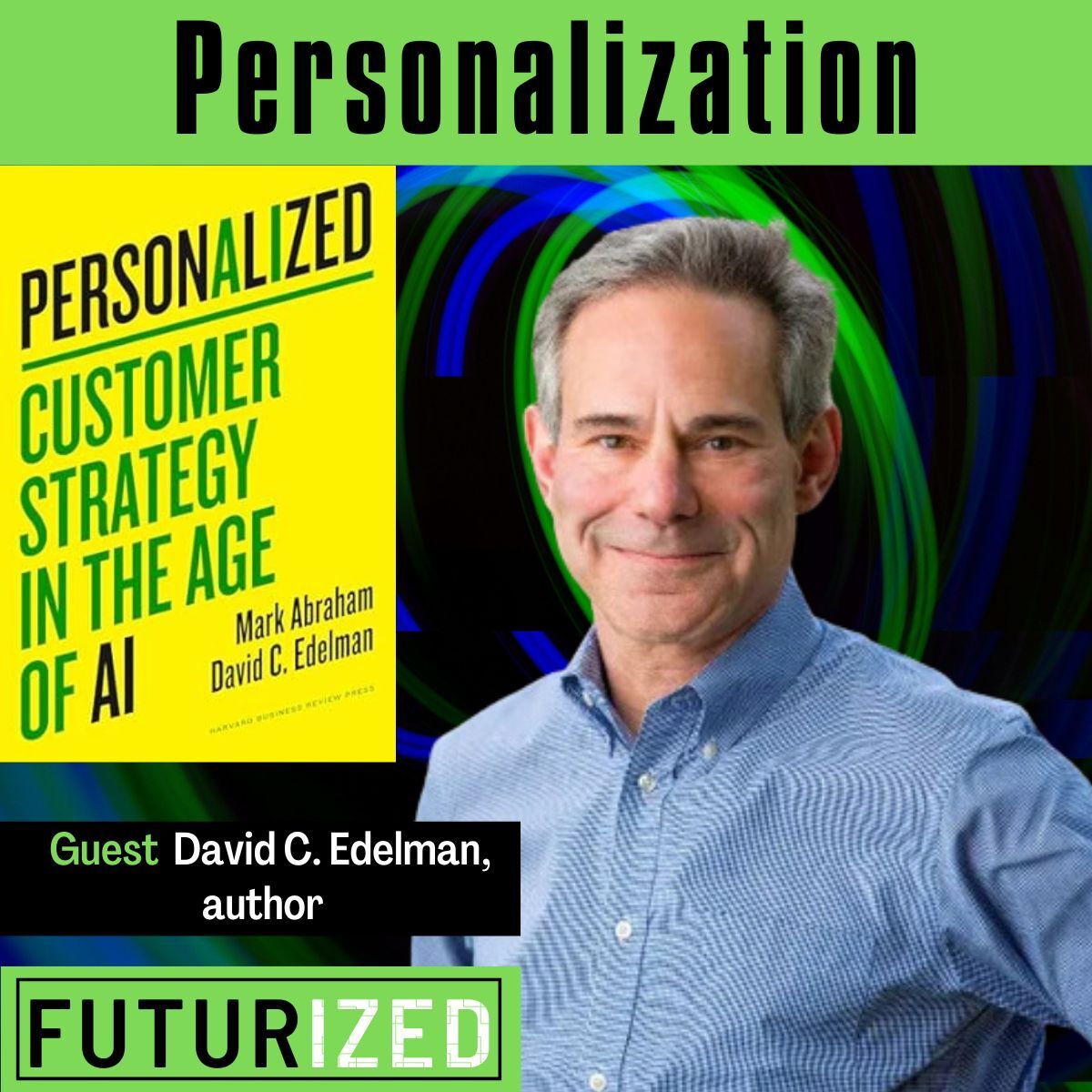Futuristic Encryption
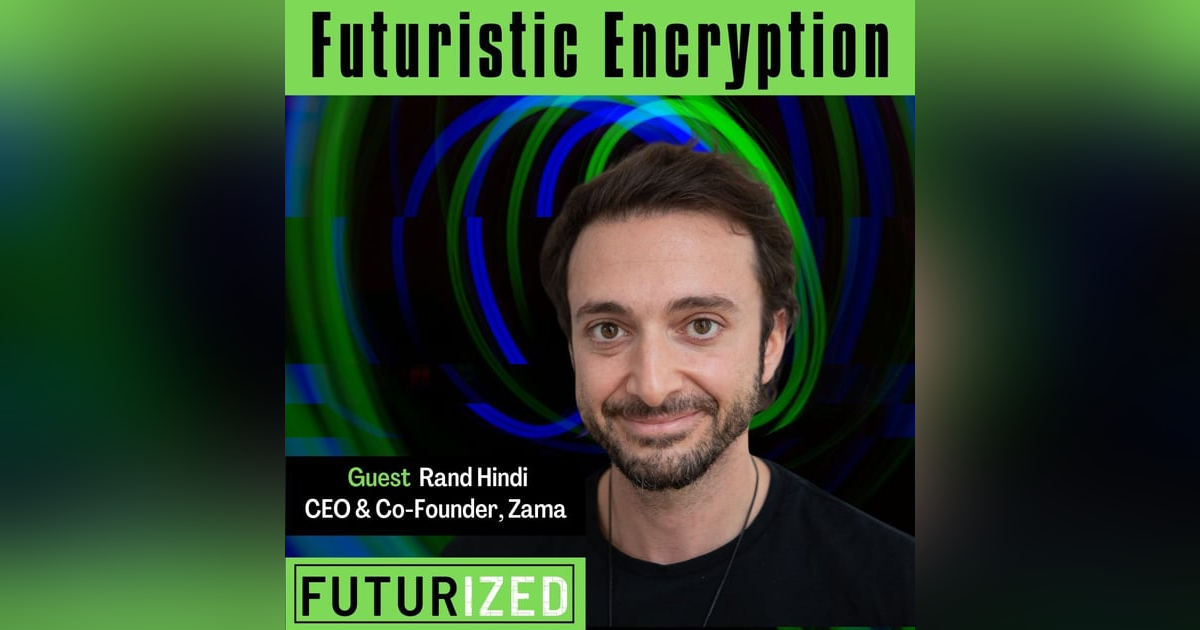
In this episode of the Futurized podcast, host Trond Arne Undheim interviews Rand Hindi, an entrepreneur and deeptech investor who is the CEO at Zama, an open source homomorphic encryption company.
They discuss the future of encryption, its use cases, and especially the role of open source cryptography in a world with increasingly sophisticated cyber threats. Fully Homomorphic Encryption (FHE), a concept long considered to be the optimal yet impossible holy grail of cryptography, enables computation on encrypted data without necessitating decryption.
Futurized goes beneath the trends to track the underlying forces of disruption in tech, policy, business models, social dynamics and the environment.
I’m your host, Trond Arne Undheim (@trondau), futurist, scholar, author, investor, and serial entrepreneur. I am a Research scholar in Global Systemic Risk, Innovation, and Policy at Stanford University. Join me as I discuss the societal impact of deep tech such as AI, blockchain, IoT, nanotech, quantum, robotics, and synthetic biology, and tackle topics such as entrepreneurship, trends, or the future of work. On the show, I interview smart people with a soul: founders, authors, executives, and other thought leaders, or even the occasional celebrity.
Futurized is a bi-weekly show, preparing YOU to think about how to deal with the next decade's disruption, so you can succeed and thrive no matter what happens.
If you're new to the show, seek particular topics, or you are looking for a great way to tell your friends about the show, which we always appreciate, we've got the episode categories. Those are at Futurized.org/episodes. They are collections of your favorite episodes organized by topic, such as Entrepreneurship, Trends, Emerging Tech, or The Future of Work. That'll help new listeners get a taste of everything that we do here, starting with a topic they are familiar with, or want to go deeper in.
I am the author of seven books, Eco Tech: Investing in Regenerative Futures, Health Tech: Rebooting Society's Software, Hardware and Mindset, Future Tech: How to Capture Value from Disruptive industry Trends, Pandemic Aftermath: how Coronavirus changes Global Society, Disruption Games: How to Thrive on Serial Failure, and of Leadership From Below: How the Internet Generation Redefines the Workplace, and the co-author of Augmented Lean: A human-centric framework for managing frontline operations. For an overview, go to Trond's Books at Trondundheim.com/books
At this stage, Futurized is lucky enough to have several sponsors. To check them out, go to Futurized.org/sponsors
If you are interested in sponsoring the podcast, or to get an overview of other services provided by the host of this podcast, including how to book him for keynote speeches, please go to Futurized.org/store. We will consider all brands that have a demonstrably positive contribution to the future.
Before you do anything else, make sure you are subscribed to our newsletter on Futurized.org, where you can find hundreds of episodes of conversations that matter to the future. I hope you can also leave a positive review on iTunes or in your favorite podcast player--it really matters to the future of this podcast.
Futurized—conversations that matter.

Rand Hindi
CEO & Founder
Dr Rand Hindi is an entrepreneur and deeptech investor. He is the CEO at Zama, an open source homomorphic encryption company, and an angel investor in 30+ companies across privacy, AI, blockchain, medtech and psychedelics. Rand started coding at the age of 10, founded a Social Network at 14 and a web agency at 15 before getting into Machine Learning at 18 and starting a PhD at 21. He then created Snips, an AI startup that was acquired by Sonos and is now powering the voice assistant in over 20M devices. He has been elected as a TR35 by the MIT Technology Review, as a "30 under 30" by Forbes, was a lecturer at Sciences Po in Paris and an advisor to multiple companies. He was previously a member of the French Digital Council where he focused on AI and Privacy issues. He holds a BSc in Computer Science and a PhD in Bioinformatics from University College London (UCL), as well as two graduate degrees from Singularity University in Silicon Valley and THNK in Amsterdam.




































